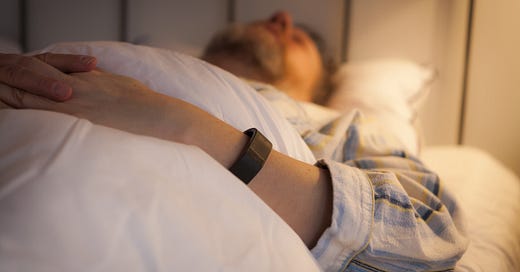Research Hit: Optimal Sleep Improves Your Brain, Mental, And Physical Health — And It’s Not As Much As You Think
I’ve reported multiple times on sleep and how it affects just about everything form cognitive performance, to brain plasticity, to physical performance, to mental health, and to metabolism (summary here).
The question that remains open is, however, how much sleep is ideal? The old advice of eight hours is pretty close to the truth, but it also changes over lifetimes. We all know that babies need a lot more sleep, for example. Teenagers also seem to sleep a lot.
Research into pre-industrial societies showed, what was surprising at the time, that they don’t sleep as much as many had thought, normally between six and eight hours a night on average.
And now in comes this recent study out of the University of Cambridge. They analysed data from almost 500,000 people between the ages of 38 and 73. These were asked about their sleep patterns, mental health, and wellbeing, and also took cognitive tests. There was brain imaging and genetic data available for about 40,000 of these participants. That’s a pretty impressive dataset!
Keep reading with a 7-day free trial
Subscribe to leading brains Review to keep reading this post and get 7 days of free access to the full post archives.




